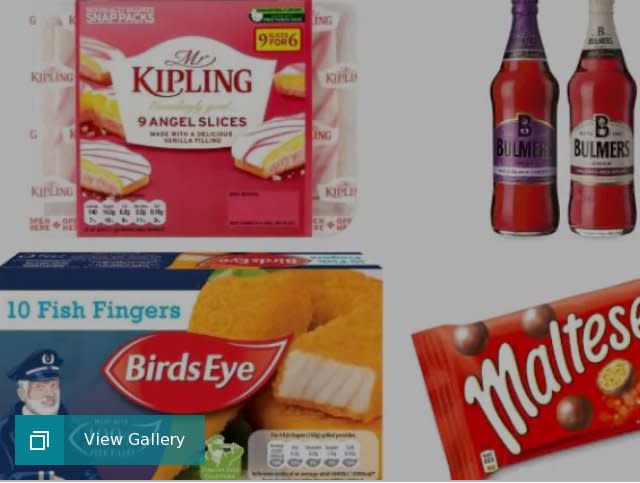Brexit vote has caused 'painful' consequences, Philip Hammond suggests

Britain’s Brexit vote has caused “painful” consequences for consumers, Philip Hammond has suggested in comments likely to anger Eurosceptic Tory MPs.
The Chancellor said increased inflation was the result of falls in the value of the pound in the wake of the EU referendum.
He said: “Consumers are being affected by the inflation that was created by the depreciation of the currency in the Autumn of last year.

“That will pass through the economy, but I absolutely recognise it's painful as it's passing through the economy."
Mr Hammond is understood to have persuaded Cabinet colleagues of the necessity for a transitional period lasting a number of years after the formal withdrawal date in March 2019, in order to avoid an abrupt withdrawal which would be disruptive to business.
He told ITV News that he hopes to begin talks on the issue by September or October, as part of the second phase of negotiations dealing with Britain's post-Brexit relationship with the remaining 27-nation EU.
The European Council is due to decide in October whether sufficient progress has been made on the first phase, dealing with the terms of departure, to be able to move on to the question of future relations.
"The European Union timeline is clear that we have to make sufficient progress on the initial set of issues that (Brexit Secretary) David Davis has been discussing in Brussels," Mr Hammond told ITV.
"We hope to have achieved that milestone by September or October, and we then expect to be able to go on to talk about this broader range of issues.
"We hope to be able to deliver agreement about an interim arrangement with the EU as early as possible."
Mr Hammond said a transitional deal could have to last for more than two years.
"I have said that I think it is going to be more than months, it is going to be a couple of years, probably, something in that range," he told Channel 4 News.
Pressed on whether it could last more than two years he said: "It possibly could. I think this is something we will want to discuss with our European Union partners."

 Yahoo News
Yahoo News 
